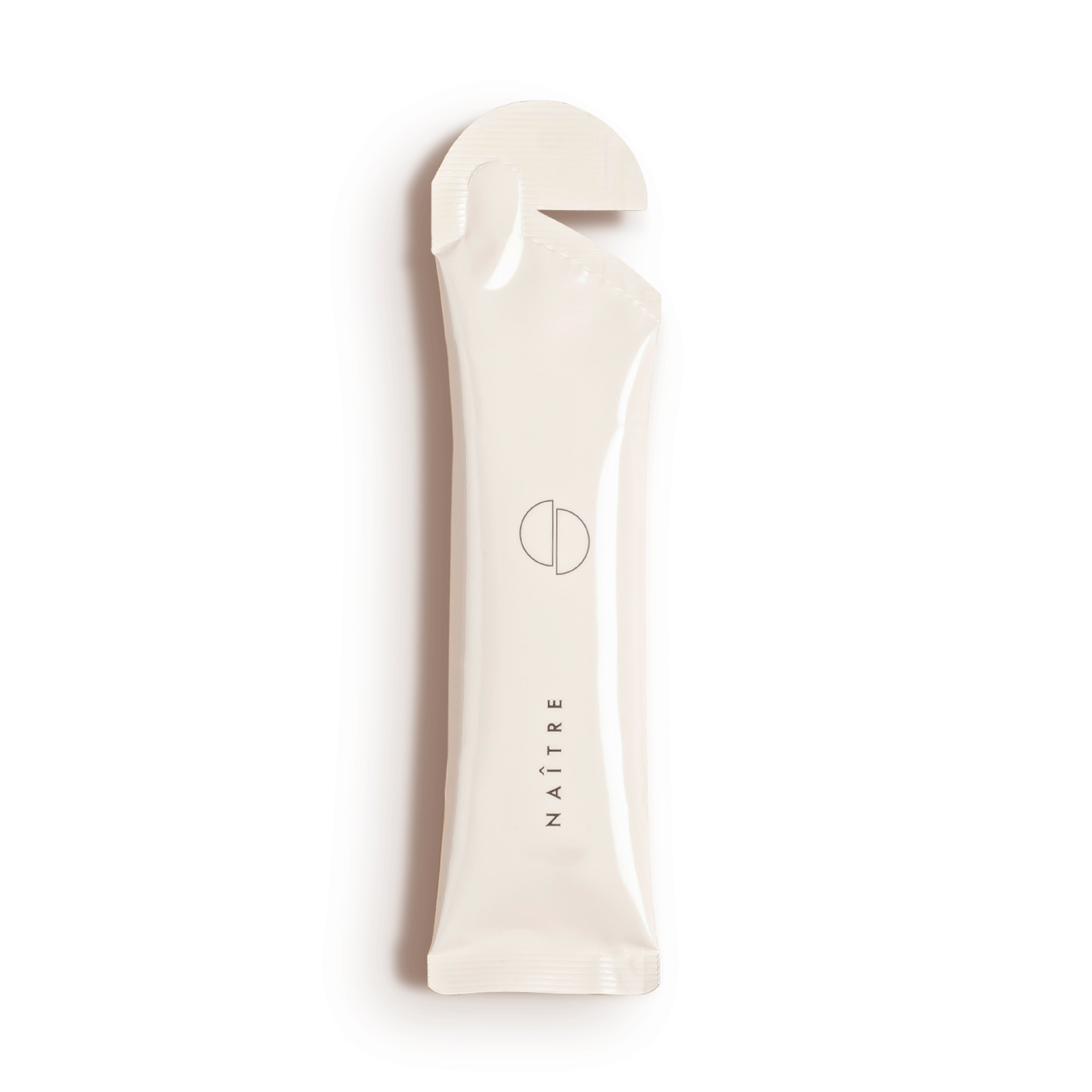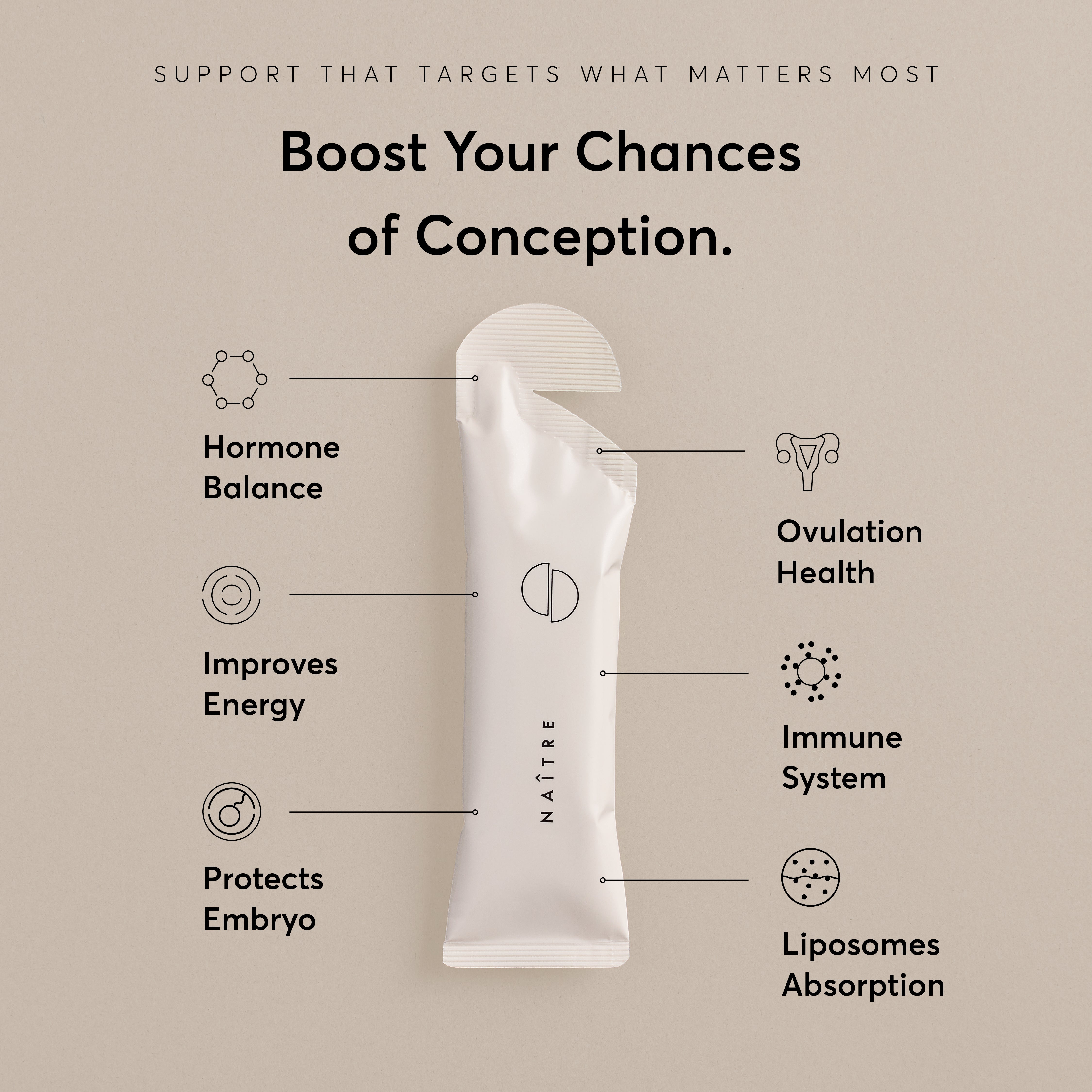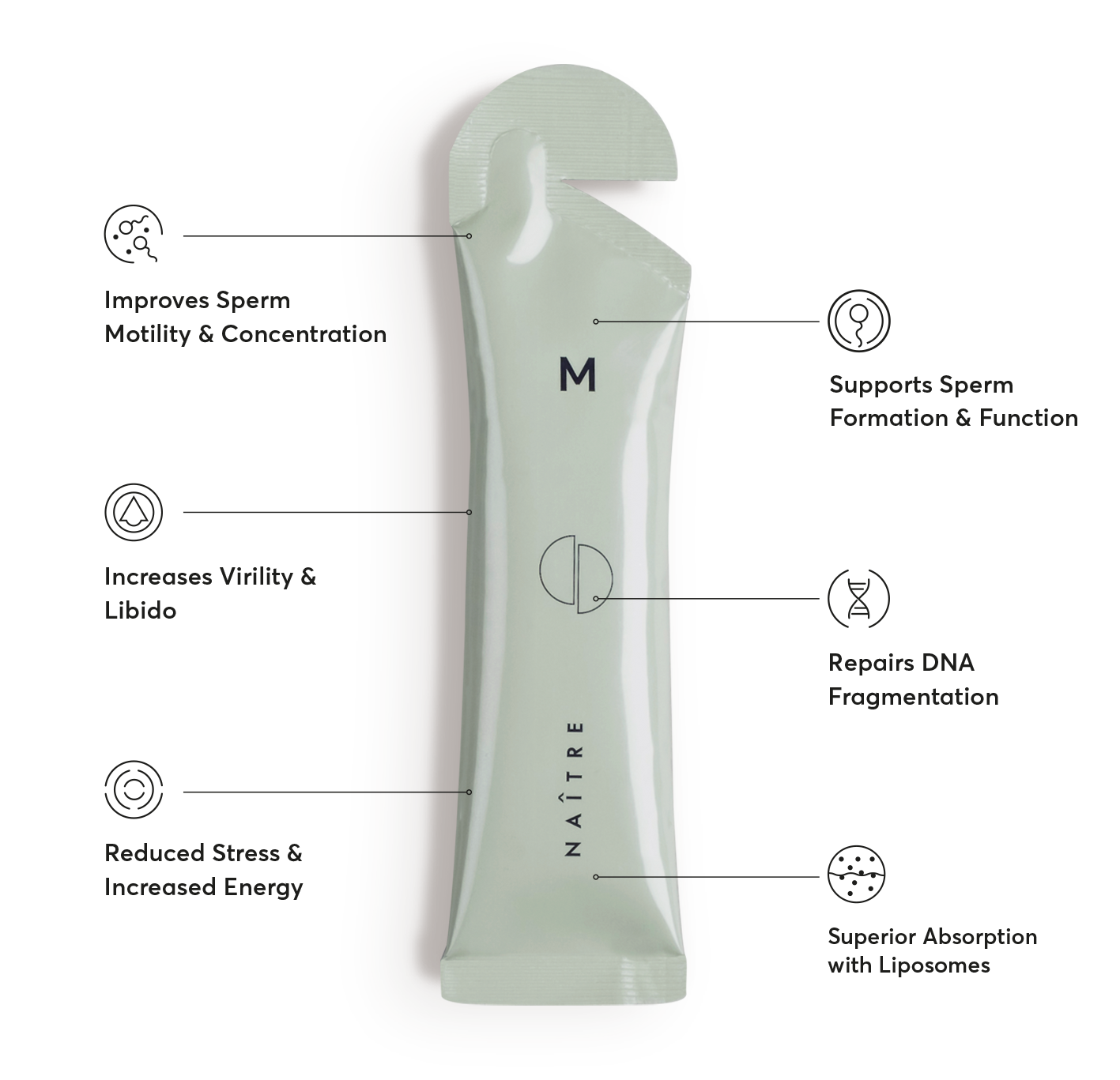
If you’re planning pregnancy in the future, it’s worth taking your time and preparing your mind and body as best you can. This article will discuss a few tips for getting pregnant, and will give some advice to those who had sadly experienced a pregnancy loss.
Understand your Menstrual Cycle
The female menstrual cycle involves a complex balance of hormones and bodily changes which essentially act to prepare the body for pregnancy. Gaining an understanding of your own cycle, when you are likely to be most fertile, and when to time sexual intercourse can take a few months, so it might be useful to do a little research and tracking of your cycle well before you plan to become pregnant. There are numerous resources out there to aid in tracking your cycle and predicting your fertile period.
Maximise your natural fertility
Pre-pregnancy is a great opportunity to maximise your own health as a couple, and increase your chances of a healthy conception. Ensure you’re both adhering to a healthy balance diet, getting enough exercise, and reducing any habits that might hinder your chances of a healthy pregnancy such as smoking and excessive alcohol consumption. It’s a good chance to have a chat with your doctor too, check all of your immunisation are up to date, for you both to get checked for sexually transmitted infections, and check that any regular medications are safe for use in pregnancy.
Don’t think it’s the female partner who needs to make all the changes! Male factor infertility accounts for up to 30% of fertility problems. Smoking and alcohol intake have been shown to directly harm sperm, and if you’re overweight or obese, your sperm quality can be boosted with weight loss. Even ditching your tight underpants might help your swimmers!
Discover our unique Liposome Fertility Formulas, developed for couples >
Prenatal supplements
As well as optimising your natural health and nutrition, it’s important for future mothers to start taking prenatal vitamins at least a month prior to planned pregnancy. The most important supplements recommended by the NHS are folic acid and vitamin D.
Folic acid is a B vitamin that helps to prevent certain defects from occurring, such as spina bifida, a spinal defect. The NHS recommend taking 400 micrograms of folic acid every day pre-conception and until you are 12 weeks pregnant.
Vitamin D can be manufactured from sun exposure, and is also present in the diet, however in the UK, particularly in the winter months, it’s difficult to obtain enough from sunlight and diet alone. For this reason, all pregnant women or women trying to conceive are recommended to take 10 micrograms of vitamin D every day. Sometimes vitamin D is shown as International Units (IU), with 10 micrograms being equivalent to 400 IU.
Discover our Liposome Pregnancy Support Formula >
Miscarriage
Many early pregnancy losses occur before the woman even knows she is pregnant, so it’s difficult to estimate this number, which may be as high as 30%. However it’s estimated that in the first three months of pregnancy, one in five pregnancies will result in miscarriage. In most cases it’s not possible to identify a specific reason, however if you have experienced multiple miscarriages, it’s important to speak to your doctor to see if there is an underlying reason.
Conception after a miscarriage
Miscarriage is an incredibly stressful thing to experience, both physically and emotionally, and it can take time to feel ready to think about conception and pregnancy again. There is no “right time” to consider trying to conceive again. It’s usually advised to wait until all symptoms of the miscarriage have subsided, and you have had at least one normal menstrual period before attempting to conceive again. Sometimes you will be advised to wait longer if you had certain medications or treatments to manage the miscarriage. Follow your doctor’s advice. After a miscarriage, most women go on to have a normal, healthy pregnancy.
When to seek help
If you have been trying to conceive for 12 months without success, or if you have experienced more than three miscarriages, you should seek medical advice. You might want to see advice sooner if you’re a woman over the age of 35.
Summary
In summary, there’s a few things you can do even in advance of trying to conceive to boost your chances. These involve understanding your cycle, optimising your own health, and thinking about taking prenatal vitamins. After a pregnancy loss, it’s important to be kind to yourself and take time to process these events before trying to conceive again, and remember your doctor is always there for advice.






